Author: TeachThought Staff
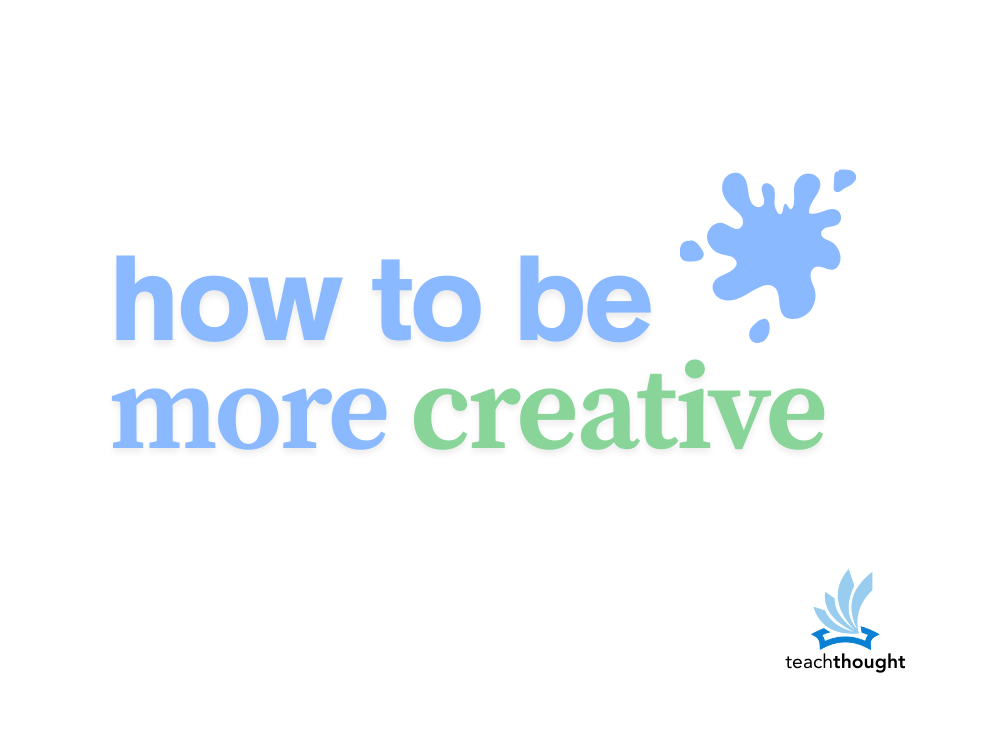
How To Be More Creative
by TeachThought Staff According to a study published in the Thinking Skills and Creativity journal, students who regularly engage in creative tasks show statistically significant gains in problem-solving and reflective judgment (Beghetto & Kaufman, 2014). In other words, fostering creativity is not just about making school more fun—it cultivates the very thinking habits that support…
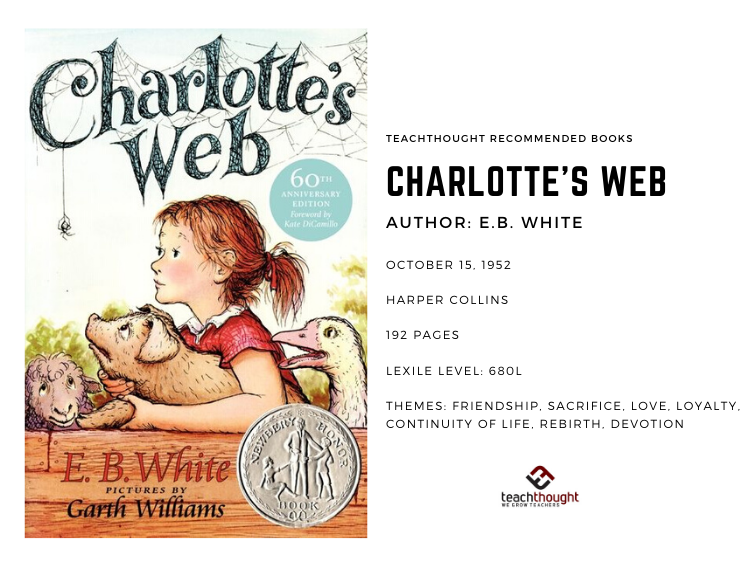
Charlotte’s Web Overview
by TeachThought Staff Today’s product Pick Of The Day is a childhood classic on almost every self-respected reading list in the United States (and many beyond): Charlotte’s Web book by E.B. White. The following links are affiliate links–which have zero to do with recommending Charlotte’s Web or any other book or product we offer but…
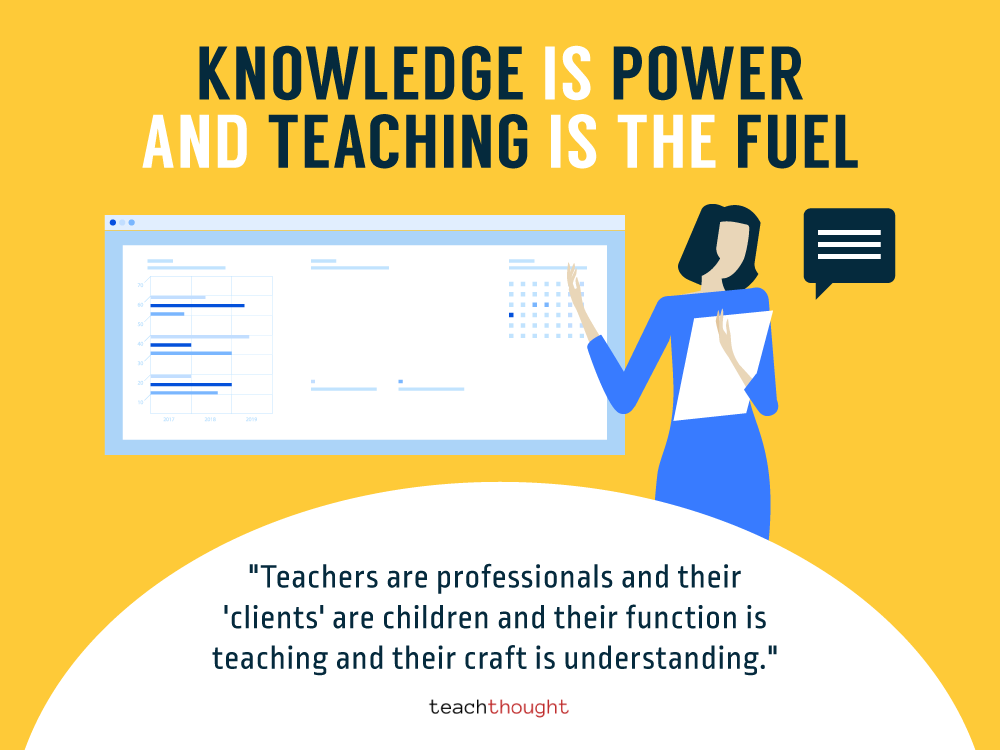
Learning Myths That Are Slowing You Down And What Actually Works – TeachThought
Let’s face it. Everyone wants to learn faster. Whether you’re working with a maths tutor in Brisbane or studying on your own, your learning style matters. Many students rely on math tutors or English tutors to speed things up, but sometimes what holds them back isn’t effort — it’s misinformation. Learning myths are everywhere. And…

Stages Of A Self-Directed Learning Model
by TeachThought Staff Self-Directed Learning is not a new concept, but it’s often misunderstood—especially in the context of K-12 classrooms. In a prior reflection, Terry Heick explored the relationship between self-directed learning and the true purpose of education: “The goal of the model isn’t content knowledge (though it should produce that), but rather something closer to…

4 Neurosystems Of Learning – TeachThought
by TeachThought Staff Understanding how the brain actually learns has been a a scientific challenge for millennia. Based on recent advances in neuroscience and its application to learning, there is an emerging model of how the brain learns and it is unlike anything that was expected. It is suggested that the brain does not have…
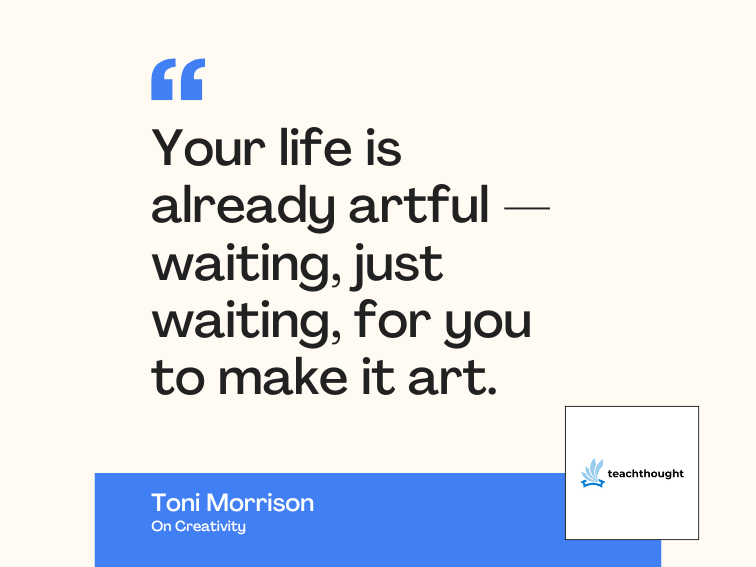
40 Of The Best Quotes About Creativity – TeachThought
by TeachThought Staff In the always-changing–recently even more so–landscape of education, the cultivation of creativity is a vital component of learning. Combinig existing ideas into new forms–into new ideas–is a part of creativity. More than just an artistic endeavor, creativity can lead to curiosity, enhances problem-solving capabilities, and can–well-implemented–a deeper, more authentic and nuanced understanding…
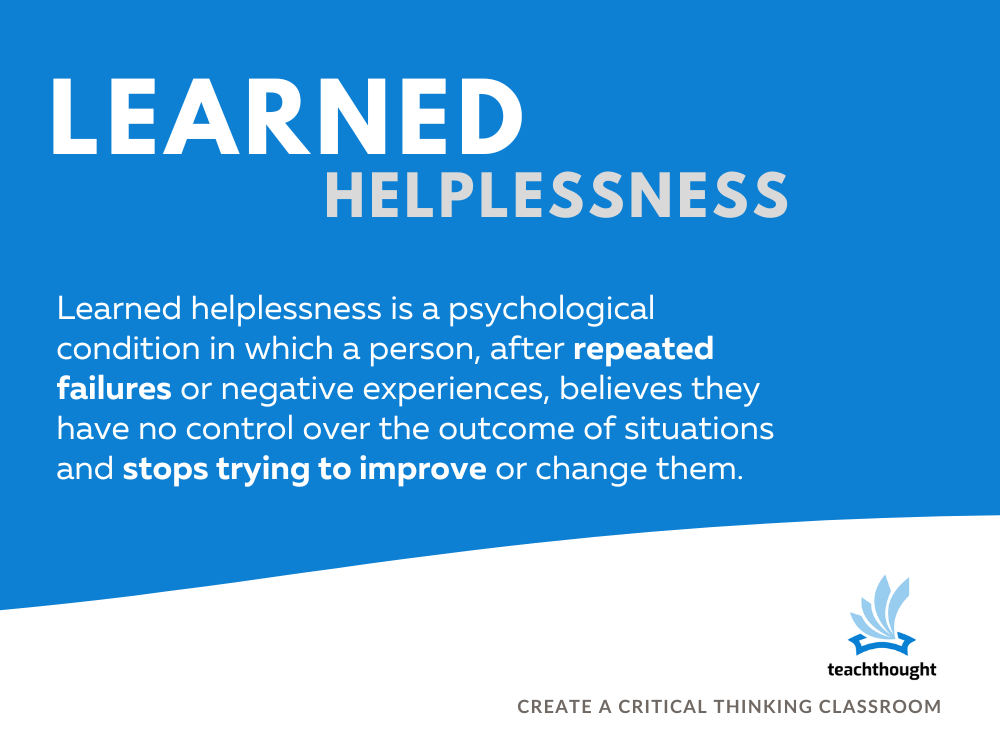
What Is Learned Helplessness? – TeachThought
by TeachThought Staff What is learned helplessness? Definition Learned helplessness is a psychological condition in which a person, after repeated failures or negative experiences, believes they have no control over situations’ outcomes and stops trying to improve or change them. Below is an example of Learned Helplessness in the classroom. Instructor: The biggest fear for…
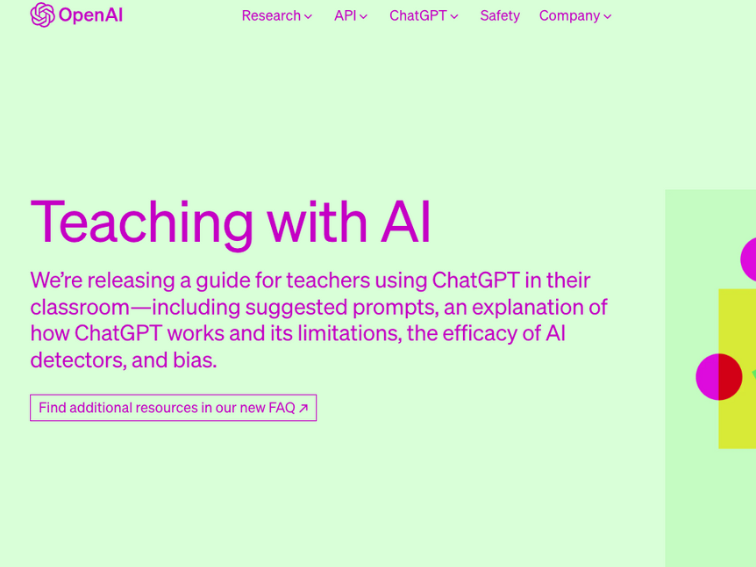
Simple Ways To Use Artificial Intelligence In The Classroom – TeachThought
by TeachThought Staff Whether we like it or not, artificial intelligence (AI) is changing the world in many ways. Education is one of the areas affected by it. How can teachers use AI and guide their students through the challenging world of new technologies? Although AI-based tools are fairly new, we can safely say that…

How Finance Scholarships Motivate Students (Tips for Teachers) – TeachThought
College students face rising costs for education every year, causing many to juggle work, studies, and looming debt. The CollegeBoard’s report shows that the average cost and fees at private four-year colleges in 2021–2022 was approximately $38,070 per year, while public in-state four-year colleges averaged around $10,740 per year. For many students, mostly those who…
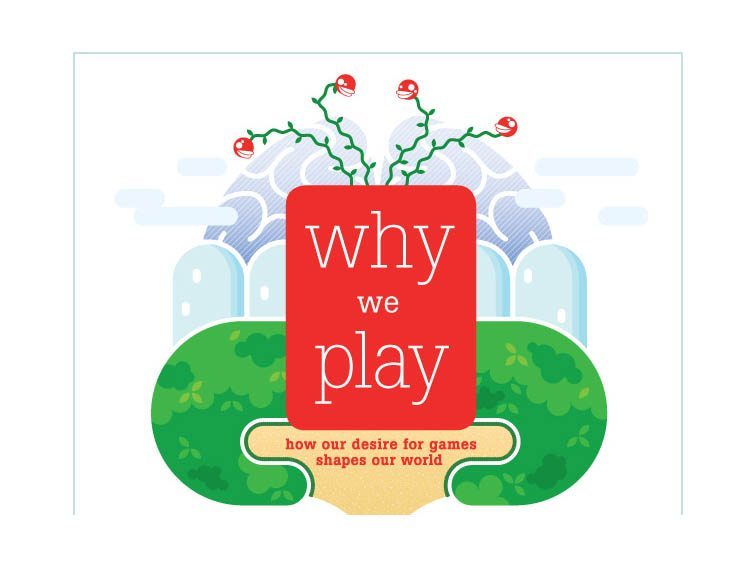
Why People Play Video Games
Why People Play Video Games Why We Play Video Games: How Our Desire For Games Shapes Our World was first published in Game Informer magazine and then on gameinformer.com by Ben Reeves Gamers have spent countless hours saving princesses, dodging bullets, and dismembering Grecian monsters. What drives us to keep coming back to these experiences? Researchers worldwide…
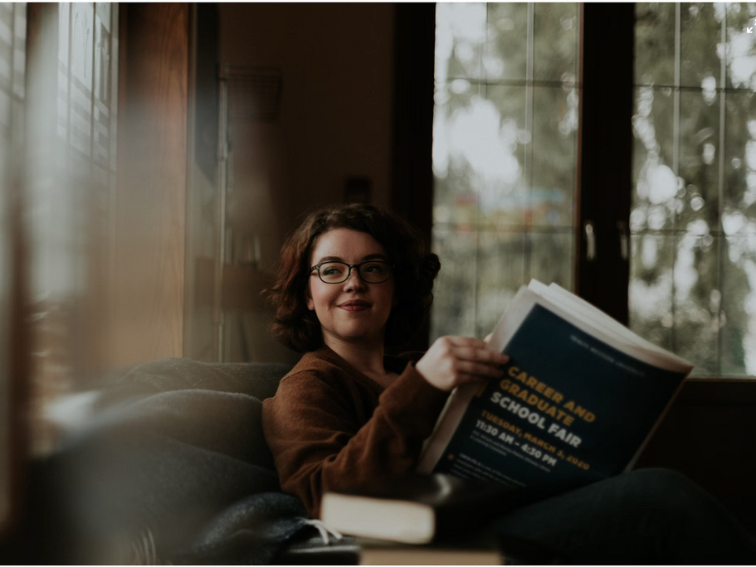
Which Zodiac Signs Are Most Vulnerable To Critical Thinking? – TeachThought
Critical thinking is a skill we’re told to cultivate, like reading literature or maintaining eye contact during small talk. It’s about stepping back, analyzing, and questioning everything, even when it would be so much easier to just agree with the loudest person in the room. But not all of us are wired to lean into…
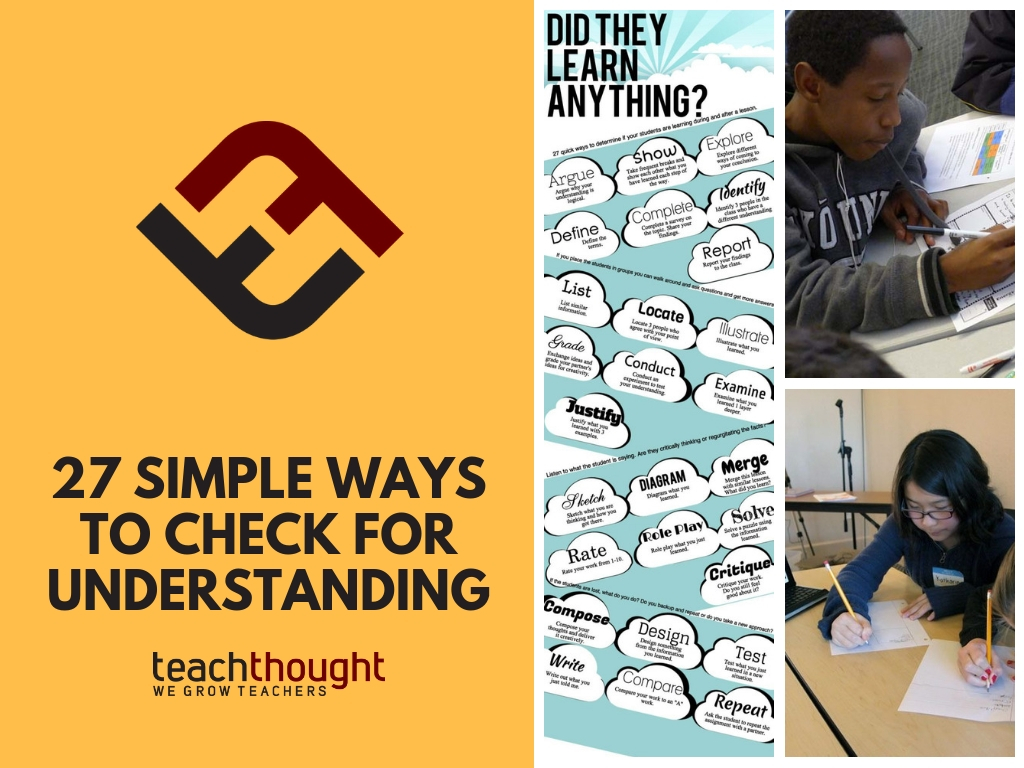
Simple Ways To Check For Understanding
Whether you’re using formative assessment for data to personalize learning within a unit, or more summative data to refine a curriculum map, the ability to quickly and easily check for understanding is a critical part of what you do. (Which was the idea behind 10 Assessments You Can Perform In 90 Seconds Or Less.) The…
